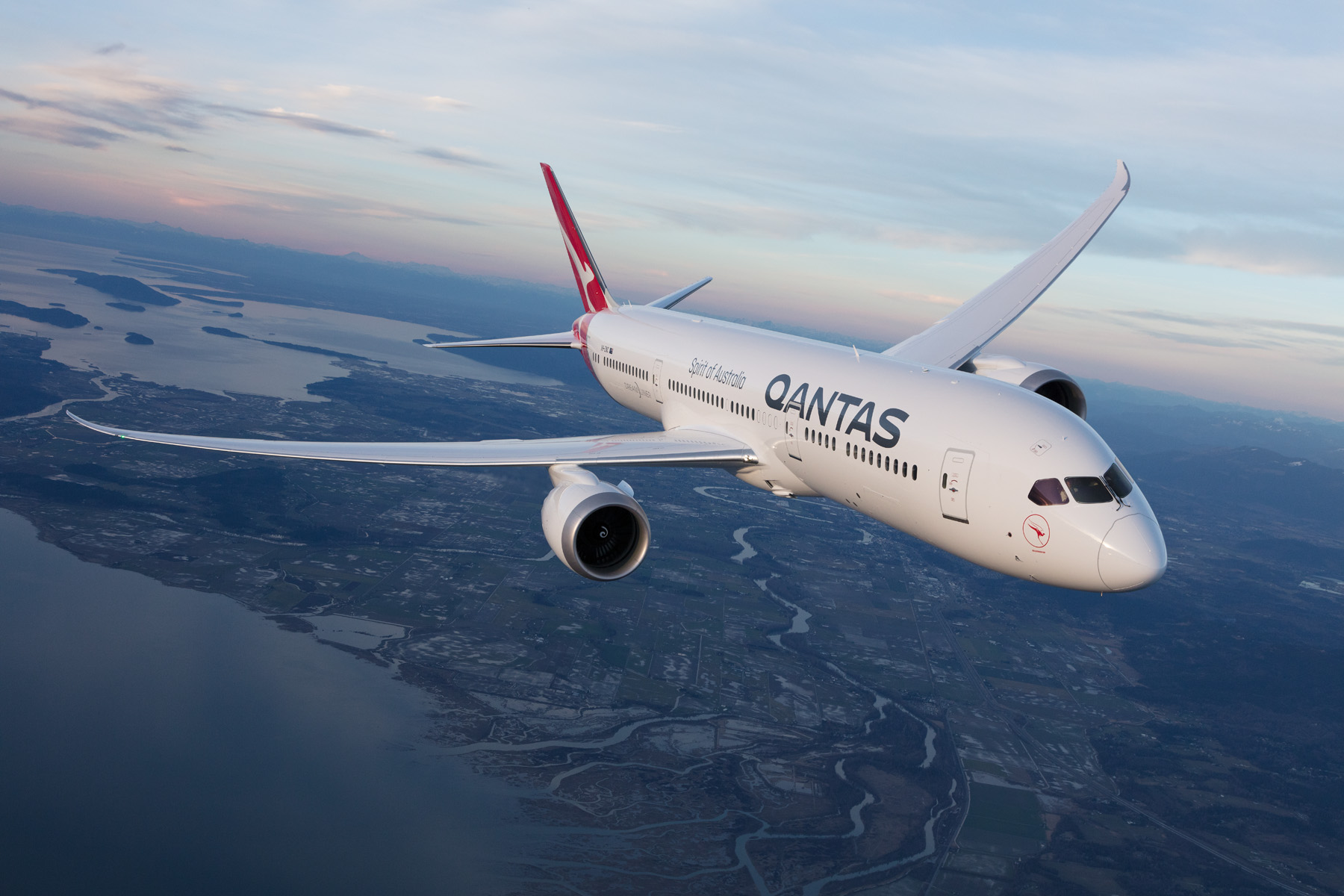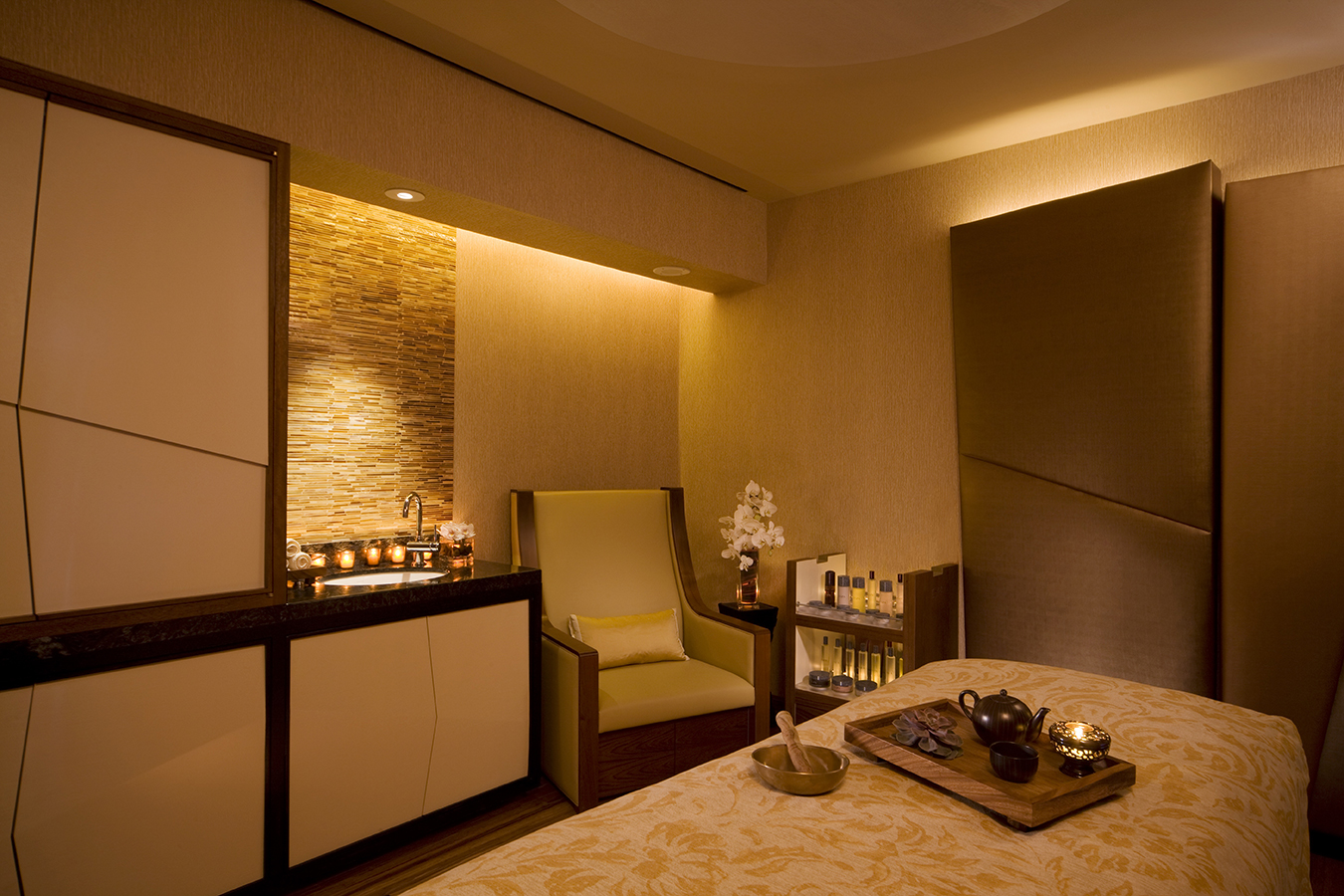The Pioneering Study Solving Jet Lag
New research aims to make the skies a bit friendlier for travellers.

Photo by Qantas
Of all the displeasures reserved for the long-distance traveller—bumped flights, lost luggage, dyspeptic toddlers, ever-shrinking bags of cocktail peanuts—jet lag ranks among the worst. You know the feeling: sandpaper in your eyes, a frog in your throat, a jackhammer going off in your head. You’re ready to turn in, but it’s 2:38 in the afternoon. Or maybe you’re wide awake, and it’s 2:47 in the morning. Your mind is racing, but your body wants to rest.
Relief is on the way. Researchers from the University of Sydney and Australian national airline Qantas—which, given its home base, flies plenty of long-haul flights—recently undertook Project Sunrise, an extensive in-air research project that aims to lessen the suffering of the long-distance traveller.
The research tested a number of factors to help travellers adapt to their home away from home more quickly. Among the findings, changing the lighting schedule to co-ordinate with the arrival time zone was effective, as was shifting the hue and brightness of the cabin lighting. A specially designed in-flight menu helped passengers shift their sleep schedules: fast-acting carbohydrates and foods rich in tryptophan promoted in-flight sleep, while spicy chili, chocolate, and caffeine did the opposite. Exercise during the flight also helped.
Qantas intends to incorporate its findings into its upcoming order of long-haul Airbus A350s for its new nonstop routes from Sydney to New York and Sydney to London. The purpose-built planes will feature specialized lighting schemes, sleep-inducing menus, and a dedicated Wellbeing Zone, where economy and premium economy passengers can stretch and move around. With about 100 fewer seats than other intercontinental carriers, the new planes will offer more room and comfort during the flight and a good deal more enjoyment after it.
It used to be that jet lag was purely a traveller’s dilemma—hey, it’s not the airline’s fault that its very service causes mind fog, ill humour, and spoiled vacations. Qantas aims to challenge that. With its investment in jet lag research, the airline has declared that it is now in the wellness business along with the transportation business, with a vested interest in making sure its customers not only get from point A to point B but also actually enjoy point B more quickly once they get there. If only
every corporation could arrive at the same conclusion.




